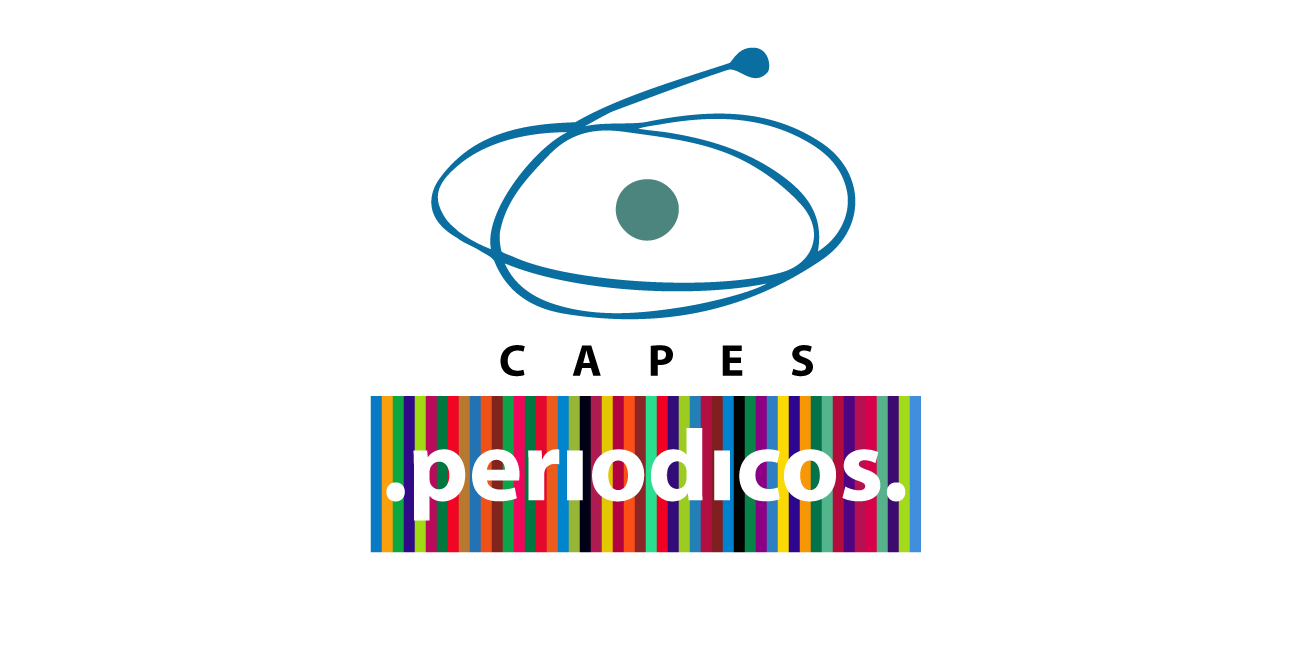Human rights under the light of history and the contemporaneous juridical system
Keywords:
Direitos Humanos, Estado Liberal, Estado Social, Estado Pós-IntervencionistaAbstract
This work consists of the analysis of human rights from a historical and juridical perspective of its theoretical statute. A consequence of humanity’s historical and social progress, human rights has a gradual affirmation, varying according to the political, juridical and axiological transformations carried out by the action of institutions and men in the course of the historical process. The glorious revolution, the North American Independence, the French Revolution, the emergence of the first constitutional letters, the constitution of Liberal States, the World Wars, the emergence of Interventionist States and the legitimating crisis of the Lawful Social Democratic States were paradigmatic events to understand the process of formation and consolidation of human rights in its various levels. The first level rights (political and civil rights) were materialized in a bourgeoisie liberal constitutionalist model. It is about a rationalizing model, the basis that support the bourgeoisie in power, that is based on contemplating rational premises from humanism, rationalism, secularism, and scientificism, in opposition to the monarchic regime, absolutist and sacred of the Modern States. This juridical paradigm is based on the protection of the individual freedom and security and introduces to the world a for-mal conception of Constitution based on two fundamental characteristics: the Idea of the State’s division of powers, and the idea of negative rights declaration – right of opposition and resistance against the State. However, this bourgeoisie-individualist liberal juridical model goes into crisis: with the development of the capitalist economy (and its social tensions), with the formation of economical monopolies at the end of 19th century, with the possible insurgence from socialism and, due to market’s inability of self-regu-lation, the State was faced with innumerable difficulties to keep the same passive structure, and with the distancing from the social expectations, such as those proposed by the principles of economical liberalism. The Capitalist State founded on liberal premises, as a political, social and economical posture, needed to be reformulated and open to the social influences in order to preserve the structural fundaments and the legitimating of the Capitalist State. These are the basis for the transformation of the Liberal State into the Social State and the progressive institutionalization of second level rights (economical, social and cultural rights based not only on freedom, but also on equality). With such an institutional reformulation, and in name of the preservation of the capitalist system itself, the State starts, from the perception of insufficiency of the Liberal State model, to provide material equality and social inclusion, a more interventionist and managerial face – conciliation of the capitalist development with its necessary legitimization. With time, the Lawful Democratic Social State, the support of emancipating transformation, starts to demonstrate signs of crisis due to the increasing expenditure in the administration of the State machine and in the conduction of the public thing (public deficit), added to the financial inability of the State to comply with its institutional obligations. In this period of crisis of the providing State model (post-interventionist), the transnationalization of the economy and the markets lead the State and the Law to directly suffer the influxes and the imperatives of the globalized economy, the interests of the financial market, the neo-liberalism and the increasing emphasis on rationalization of the trans-nationalized capitalist economy. This reality produces an intense process of delegitimating of the democratic system. Concomitantly to this crisis, perhaps due to the necessity to recover the values of the contemporaneous democracy, appears in the social scene a new cate-gory of rights. They are the third level rights, representative of the new aspirations of fraternity (solidarity rights relative to development, peace, the individual and peoples self-determination, and the environment). These are human rights translators of the existence of a minimum consensus about some demands that are inherent to the human condition itself. The third level rights appear as the result of the demand to rescue the democratic system working, legitimization and effectiveness, with the incorporation of new expectations born from social consensus – direct expression of the popular will and participation and of a project for democracy’s progressive and mutual action to be carried out in an international level.Downloads
Published
2007-10-17
How to Cite
Verbicaro, L. P. (2007). Human rights under the light of history and the contemporaneous juridical system. Revista Jurídica Cesumar - Mestrado, 7(1), 31–56. Retrieved from https://periodicos.unicesumar.edu.br/index.php/revjuridica/article/view/515
Issue
Section
Doutrinas
License
A Revista se reserva o direito de efetuar, nos originais, alterações de ordem normativa, ortográfica e gramatical, com o intuito de manter o padrão culto da língua, respeitando, porém, o estilo dos autores. As opiniões emitidas pelos autores são de sua exclusiva responsabilidade.
Os direitos autorais pertencem exclusivamente aos autores. Os direitos de licenciamento utilizado pelo periódico é a licença Commons Atribuição 4.0 Internacional. São permitidos o compartilhamento (cópia e distribuição do material em qualquer meio ou formato) e adaptação (remixar, transformar, e criar a partir do trabalho, mesmo para fins comerciais), desde que lhe atribuam o devido crédito pela criação original.












